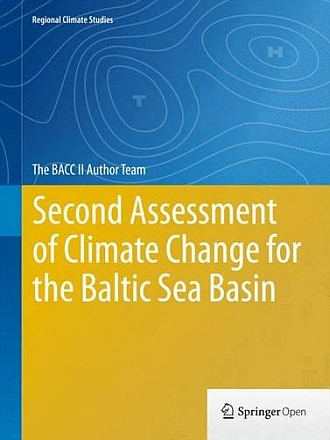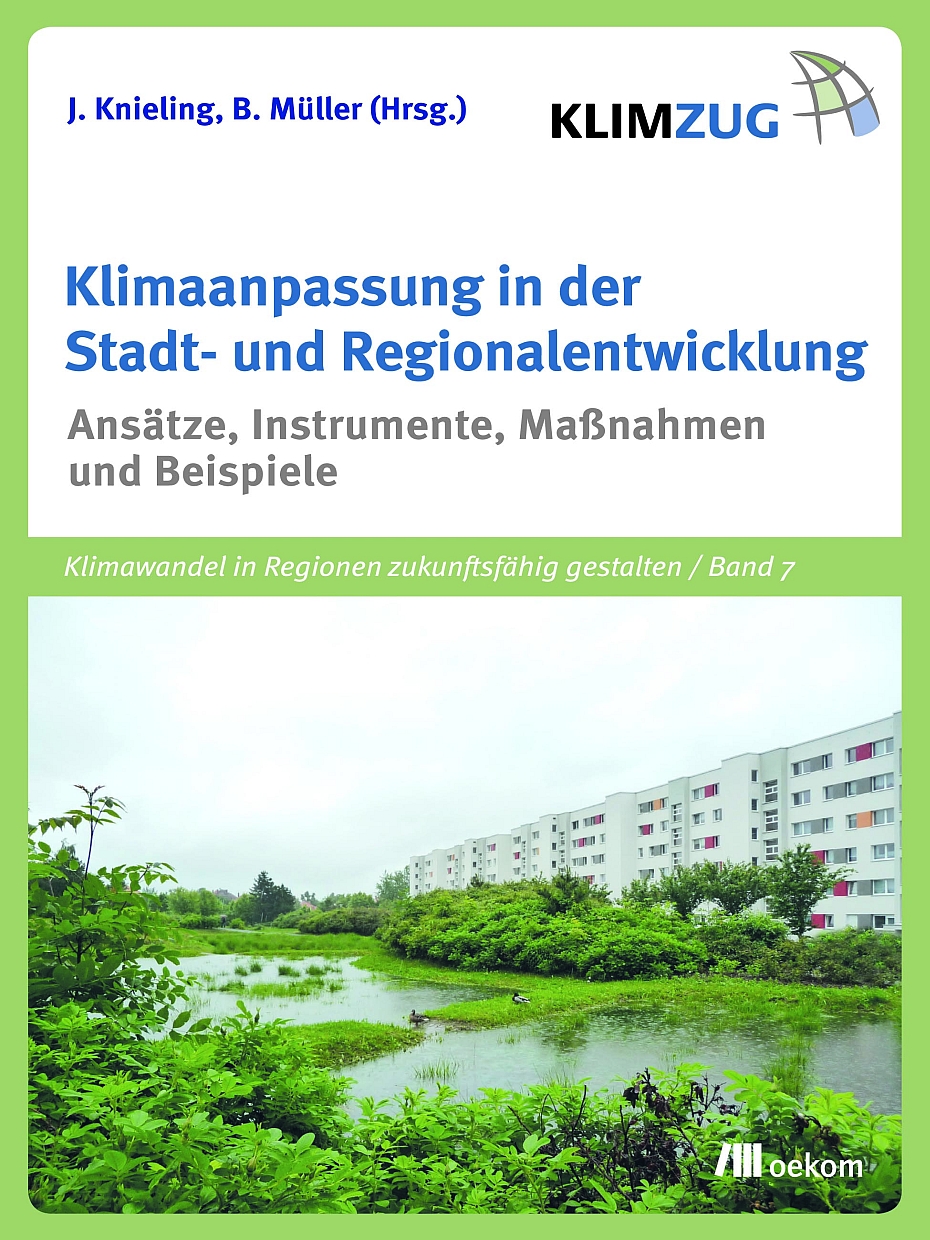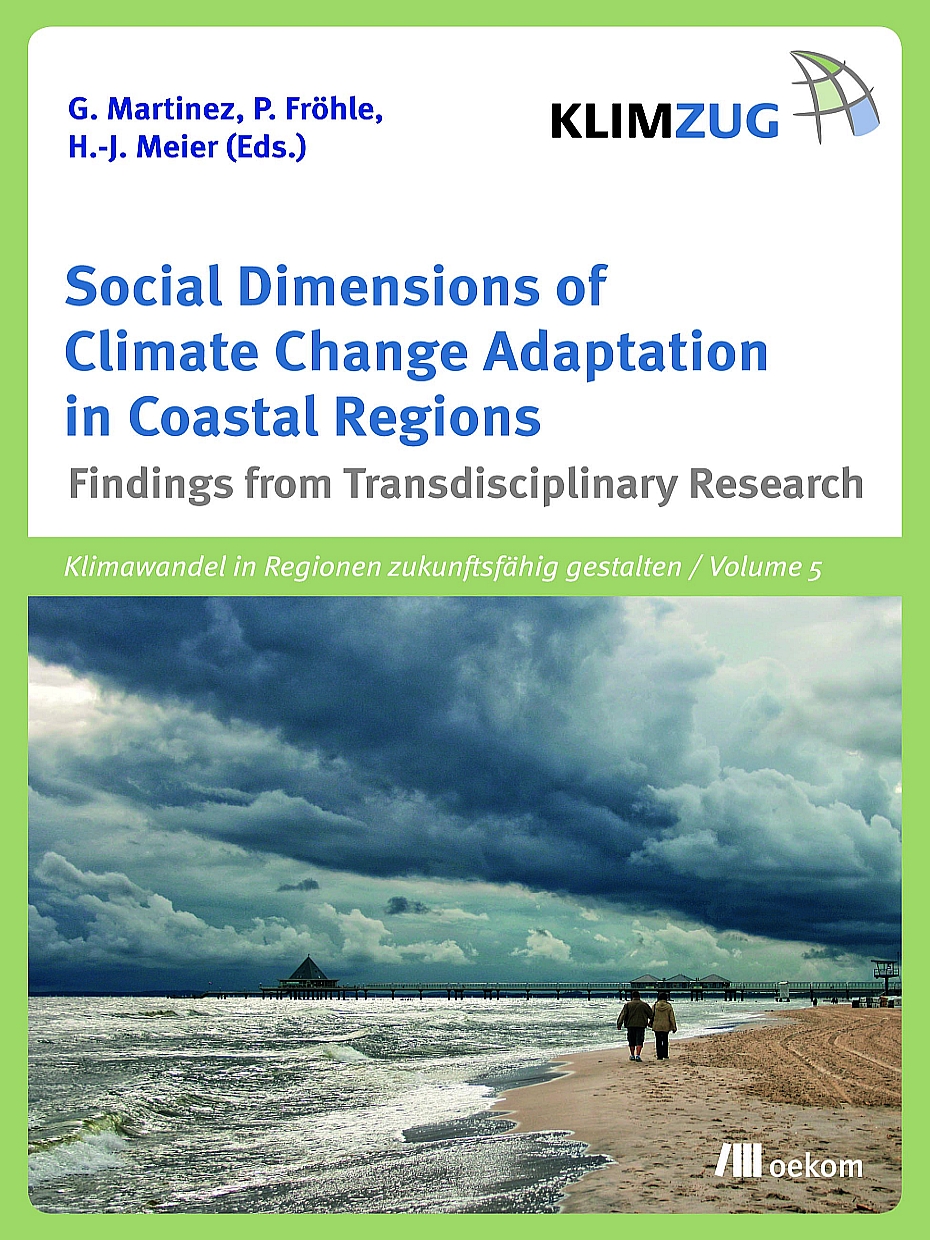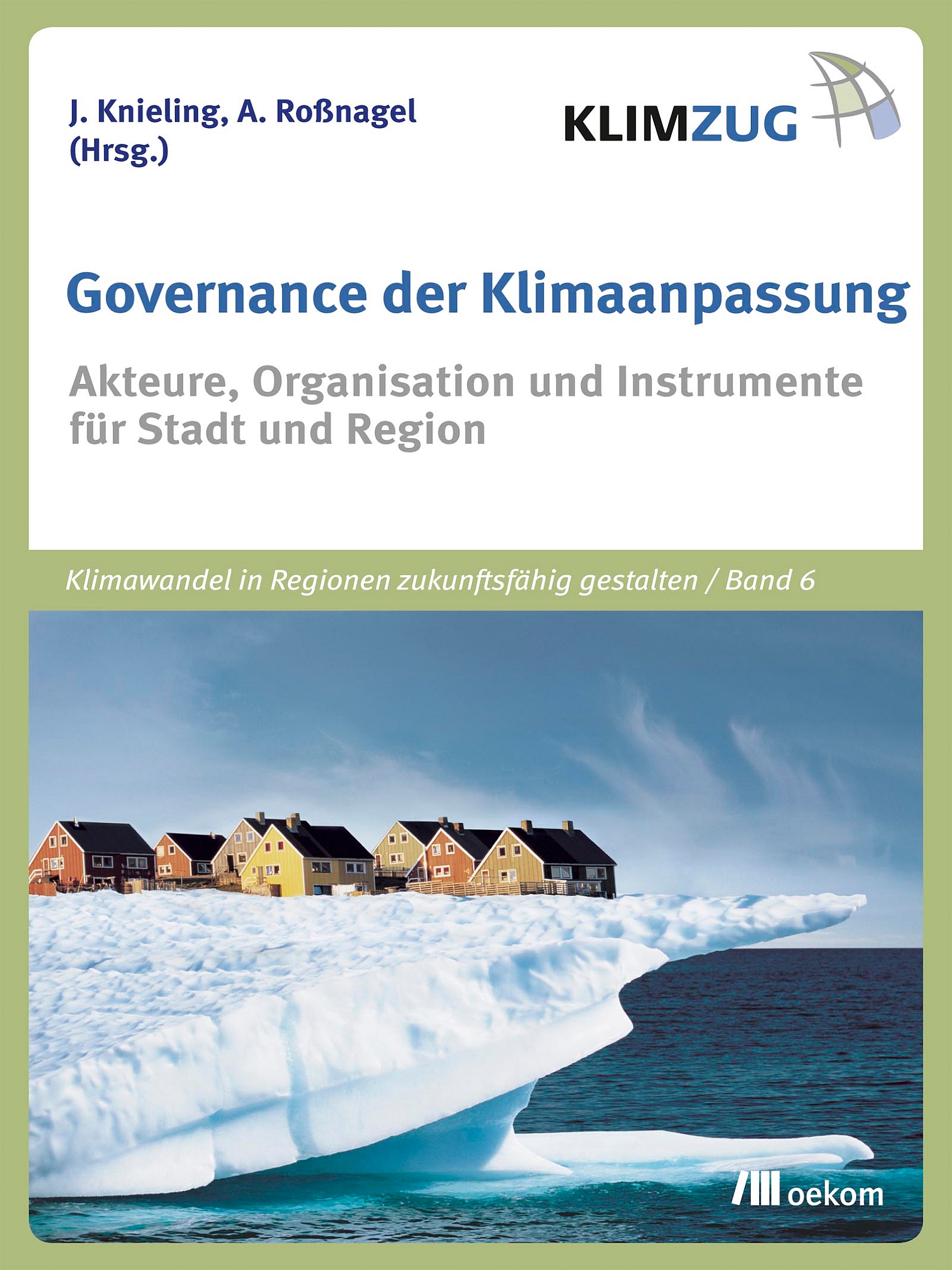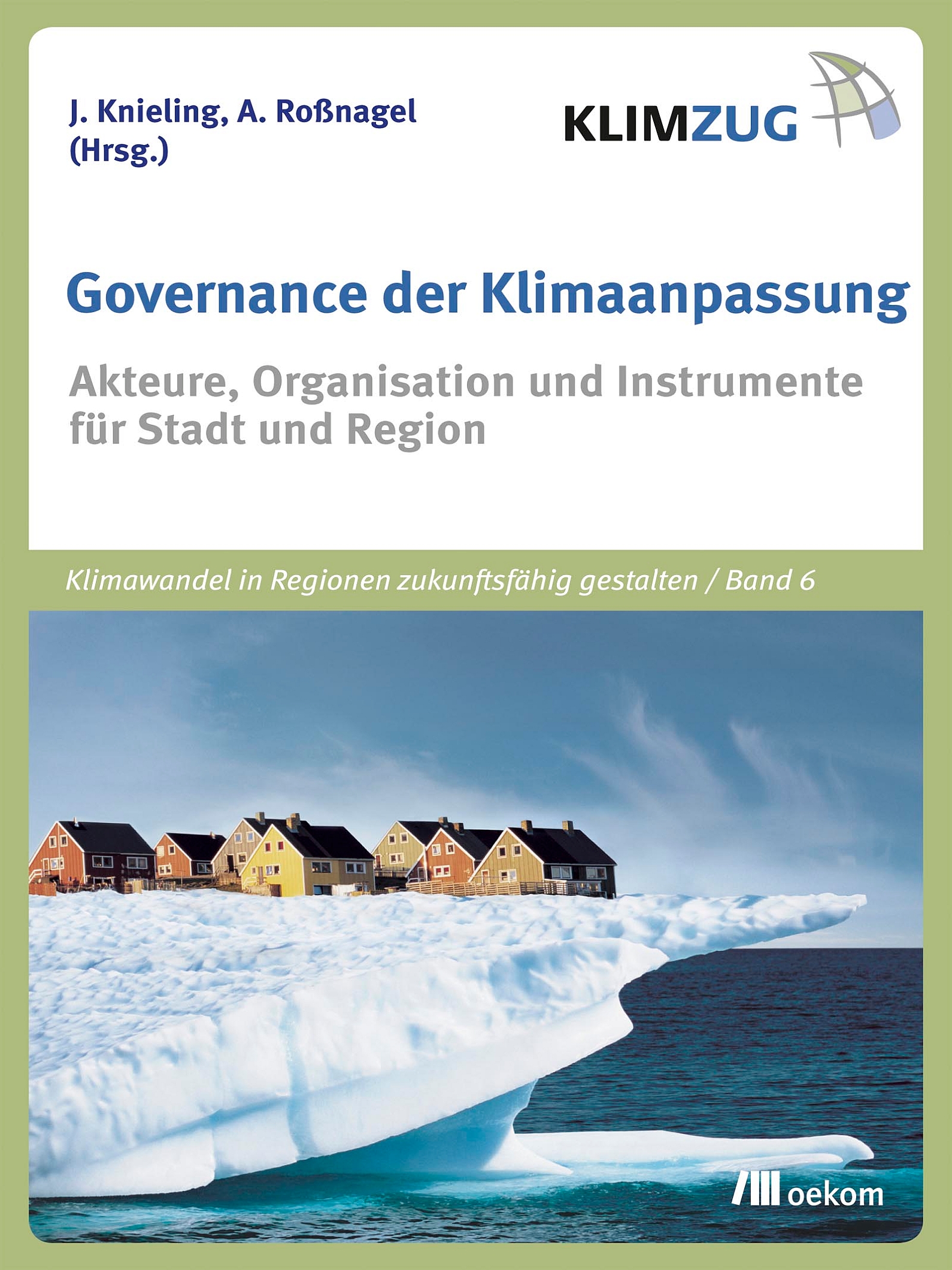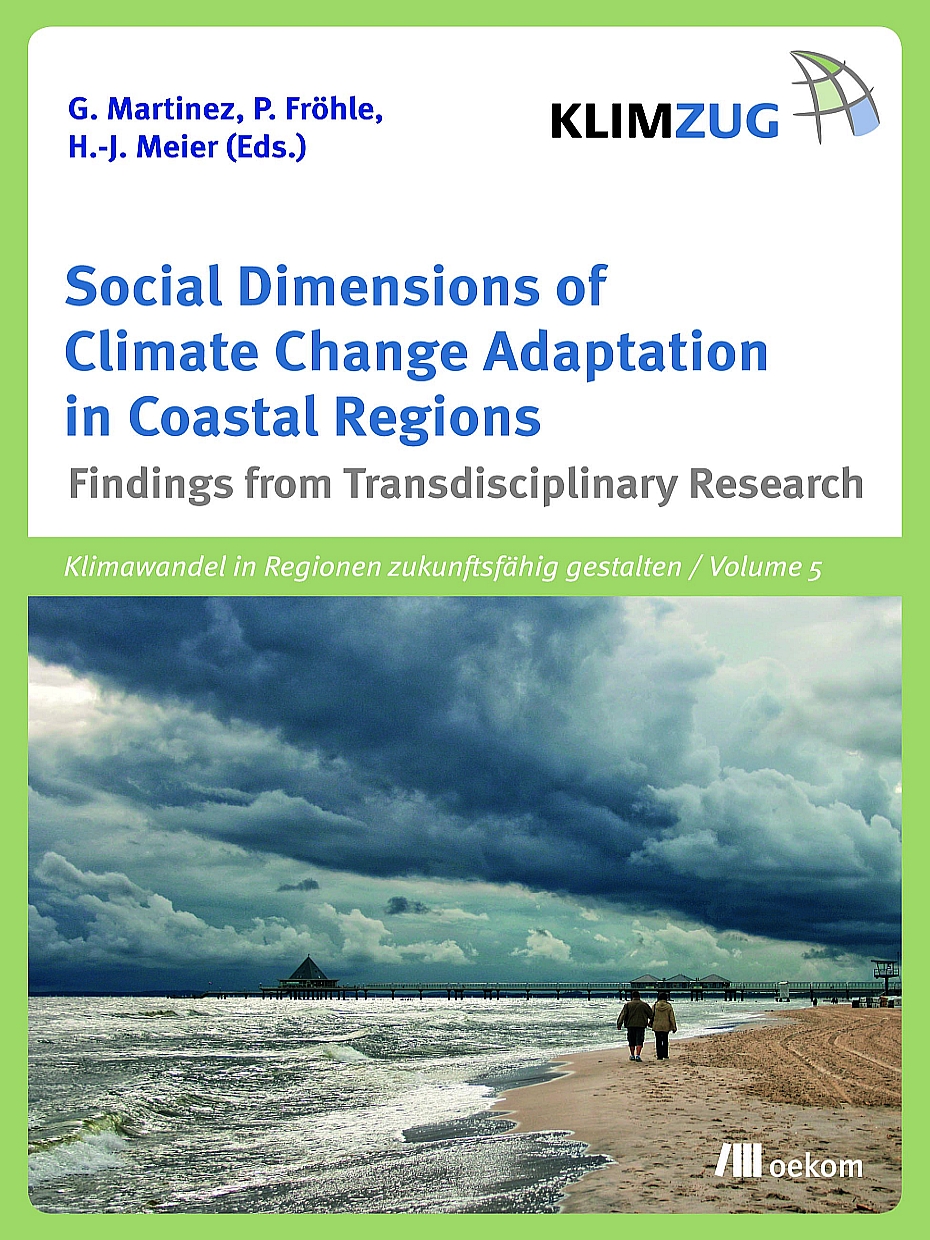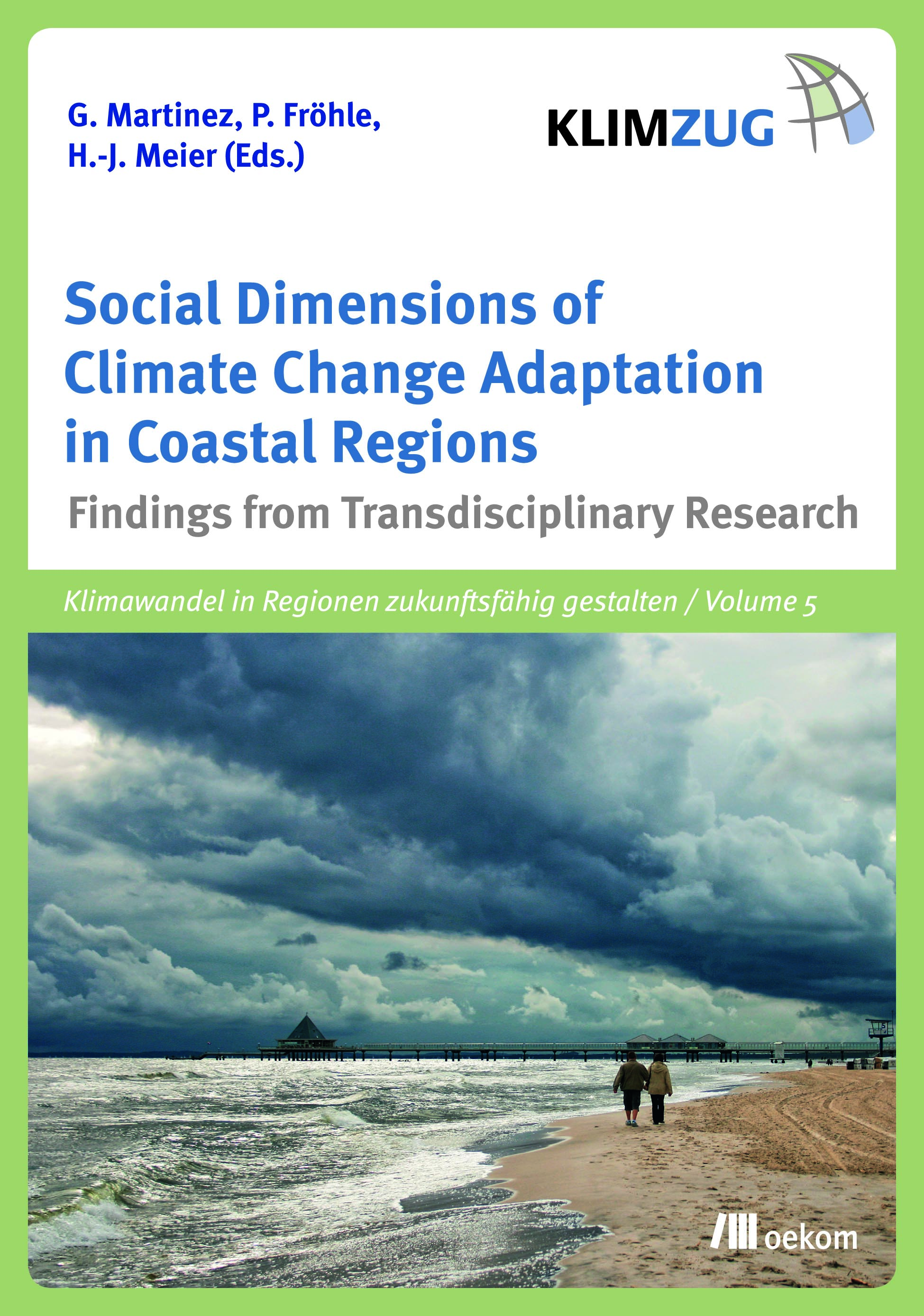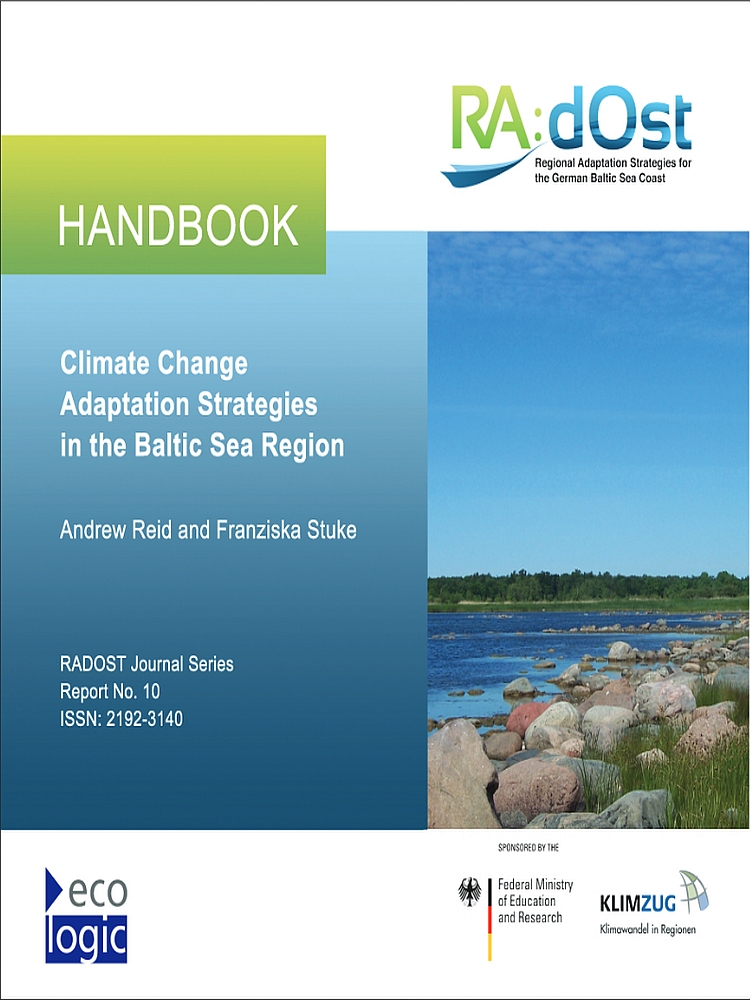The RADOST project brought together roughly 100 participants to its first annual conference, which took place in Schwerin. The focus of the conference was set on the challenges of climate change in the German Baltic Sea region. Discussions were held about the current state of scientific knowledge and approaches and practical examples of adaptation measures. The conference took place under the auspices of the Ministry of Economy, Labour and Tourism Mecklenburg-Vorpommern.
- Funding
-
Federal Ministry of Education and Research (BMBF), Germany - Organizer
-
Ecologic Institute, Germany - Team
- Date
-
-
- Location
- Schwerin, Germany
- Languages
-
EnglishGerman
- Participants
-
100
- Project
- Project ID
- Keywords
-
Climate change, Adaptation, Regional adaptation strategies, Nature conservation, Ports, Maritime economy, Tourism, Coastal protection, Renewable energies, Water management, AgricultureGermany, Mecklenburg-Western Pomerania, Schleswig-Holstein, Baltic Coastline
Regional Adaptation Strategies for the German Baltic Sea Coast (RADOST)
- Duration
-
-
- Funding
-
Federal Ministry of Education and Research (BMBF), Germany
Conference:Science-practice Dialogue on Climate Adaptation at the German Baltic Sea Coast – 2nd Annual RADOST Conference
- Date
-
-
- Location
- Travemünde, Germany
RADOST-Verbund 2011: 1. RADOST-Jahresbericht. Ecologic Institut (Hrsg.), Berlin. RADOST-Berichtsreihe, Bericht No 1.
RADOST-Verbund 2011: 2. RADOST-Jahresbericht. Ecologic Institut (Hrsg.), Berlin. RADOST-Berichtsreihe, Bericht Nr. 3.
RADOST consortium (Ed.) 2012: 3. RADOST Jahresbericht. RADOST-Berichtsreihe, Bericht Nr 14. Berlin: Ecologic Institute.
Chairing:RADOST in Exchange with Coastal Planners in the USA
- Date
-
- Location
- Charleston, SC, United States
Andrew Reid, Franziska Stuke 2012: RADOST Handbook: Climate Change Adaptation Strategies in the Baltic Sea Region. [RADOST Journal Series 10]. Berlin: Ecologic Institute.
Knoblauch, Doris; Zoritza Kiresiewa; Franziska Stuke and Anneke von Raggamby 2012: RADOST Akteursanalyse - Teil II: Auswertung der Befragung von Akteuren aus Politik, Verwaltung und Zivilgesellschaft. Ecologic Institute.




